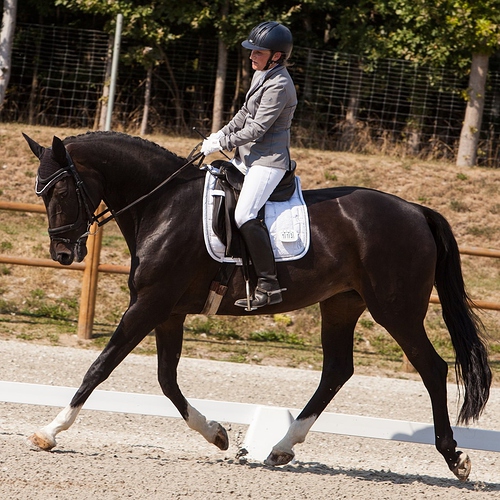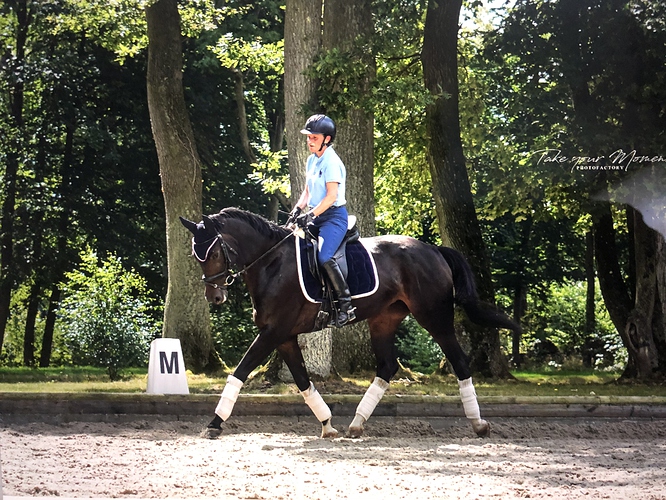When I started riding in the mid-1950s to about thirty years ago mares and geldings were thought of as mostly equivalent. Yes, mares could get hormonal, but that was something that any adequate rider was supposed to be able to handle.
Mares and geldings were turned out together at every single stable I boarded at until I got my own land. The horses would form their little herds, some mares would have boyfriends and some geldings would have girlfriends, and other horses hung out with their buddies and friends, of either sex.
These stables were often run by horsemen or horsewomen of vast experience handling literally hundreds of horses in their lives, and except for the odd exception there was no standard separation of gelding and mares.
I think those horses were happier. I think those horses felt like they were living a more natural life, one that fulfilled a lot of their social needs unlike the present day segregation of the sexes (if a gelding is considered a sex.)
I used to ride an elderly Arabian mare who lived in a segregated herd. When she got retired because of frailty she got turned out into the old-folks group, and she immediately got a boy friend.
She is a lot happier. She likes hanging out with her boyfriend. If he is in an outside facing stall she stands by the door, she just wants to be around him (sound familiar?) This mare just likes hanging out with the guys.
And I do not remember a substantial minority of mare owners having to supplement for hormonal problems. I certainly never felt the need when I had mares and geldings turned out together on my land. Yeah, mares could get marish. Well that is well within the capabilities of a decent horseperson.
Each mare did not have a boyfriend. They just liked being able to hang out with a guy if they wanted to. It seemed to make for a happier herd even if the herd was not problem free.






 . And no I do not change their personalities by giving them hormones…
. And no I do not change their personalities by giving them hormones…